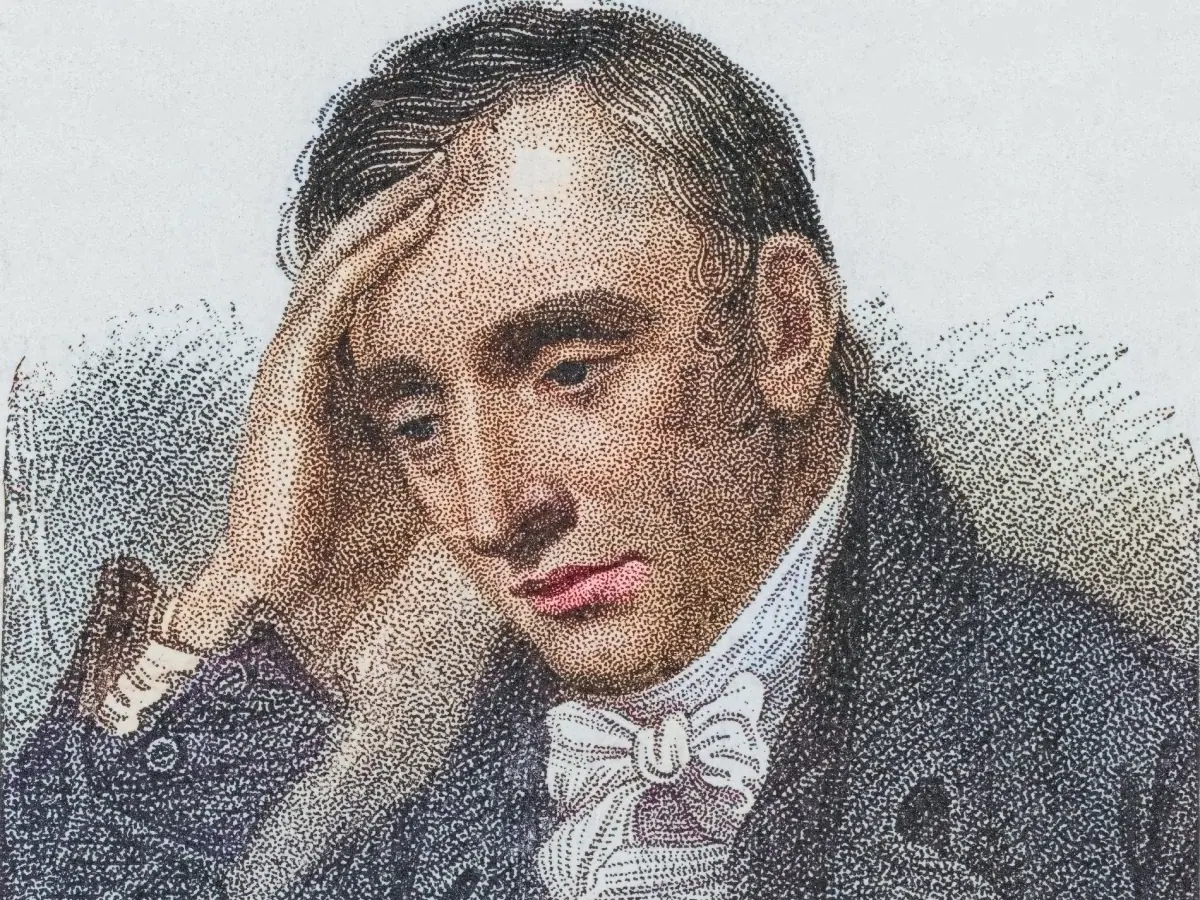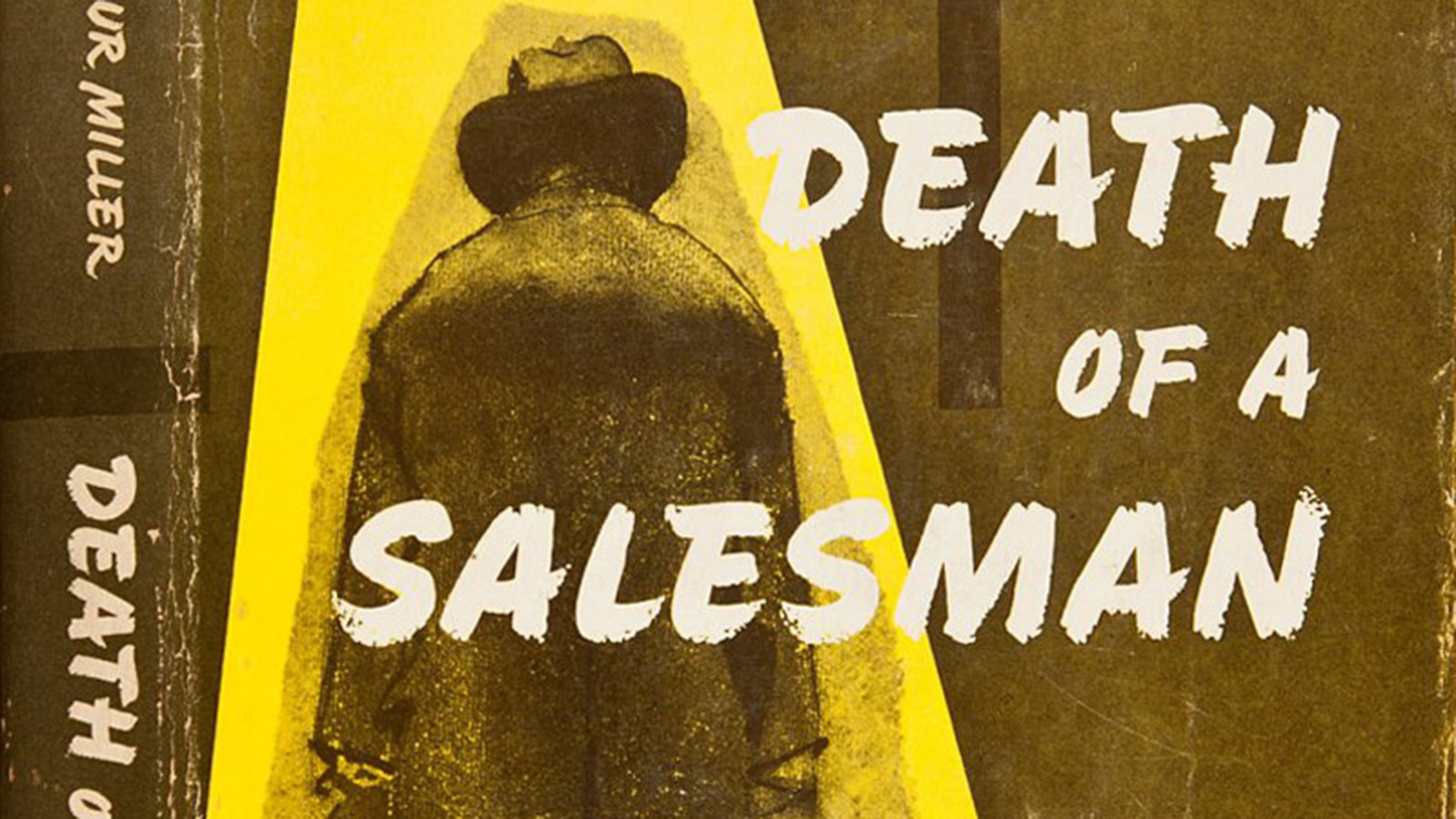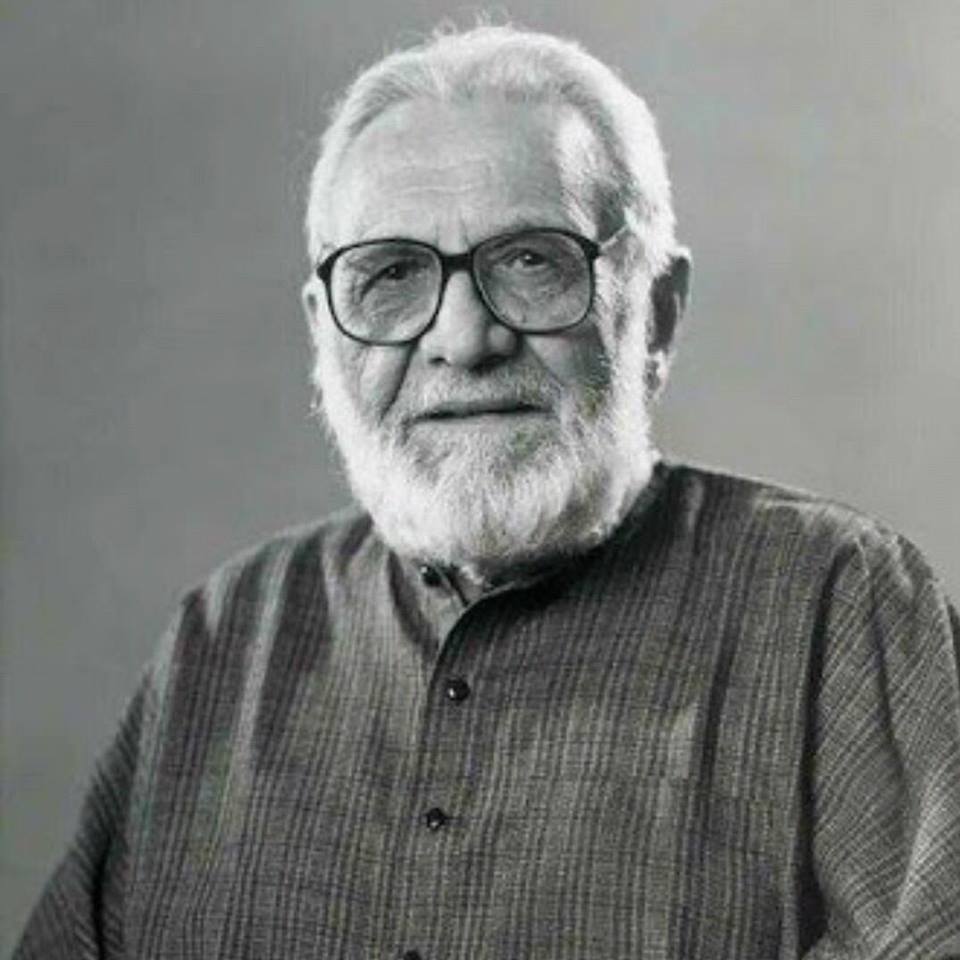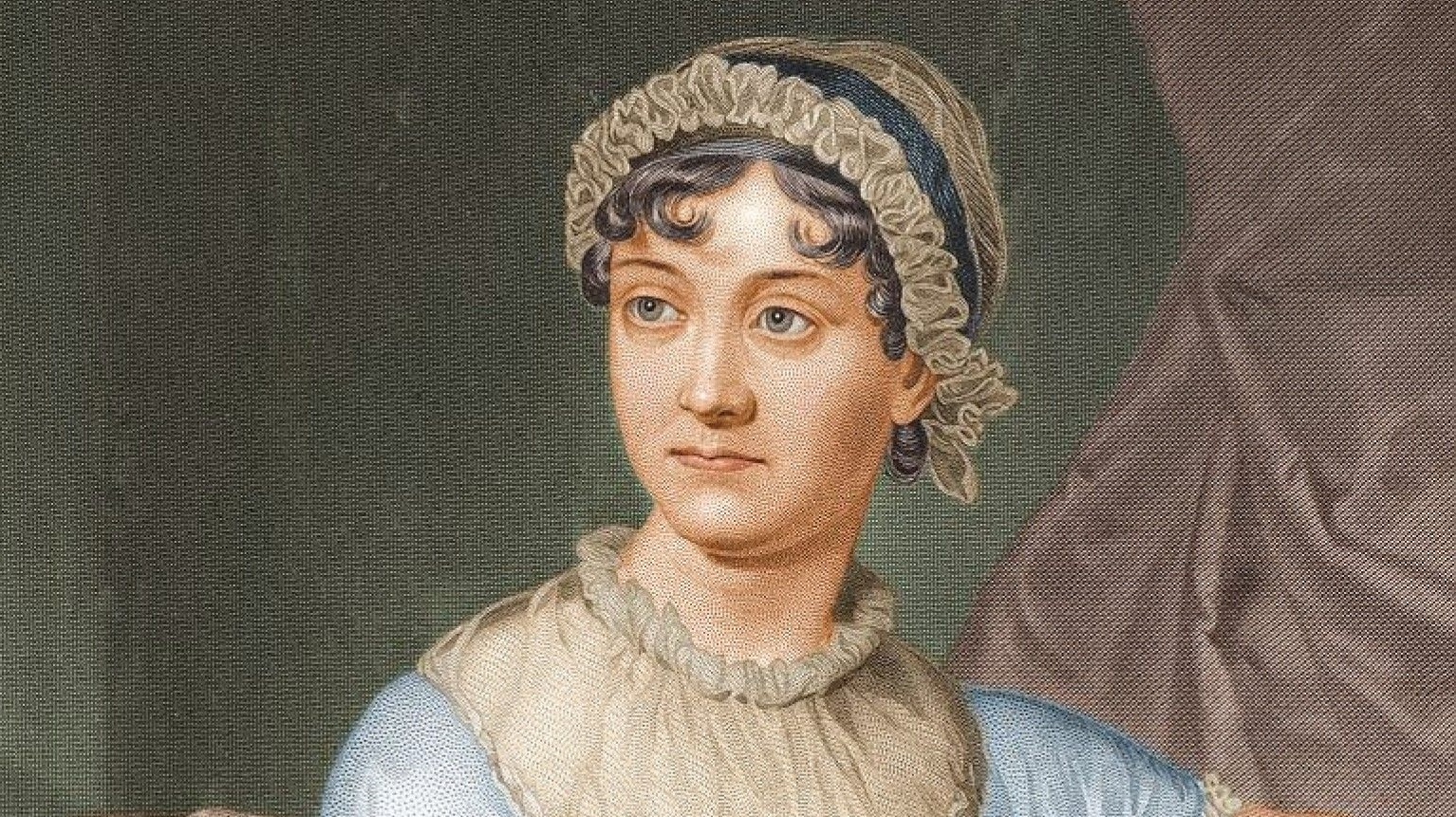Pareeshe Fatima
Christopher Marlowe, also known as Kit Marlowe, was an influential English playwright, poet, and translator during the Elizabethan era. He is widely regarded as one of the most famous playwrights of that time. His play Tamburlaine was so popular that it inspired many imitations, leading modern scholars to consider him the foremost dramatist in London just before his mysterious early death. Some scholars also believe that Marlowe greatly influenced William Shakespeare, who was baptized in the same year as Marlowe and later succeeded him as the preeminent Elizabethan playwright.
Marlowe was the first to achieve a critical reputation for his use of blank verse, which became the standard for the era. His plays are known for their ambitious protagonists and are distinguished by themes that have been noted as humanistic with realistic emotions. However, some scholars find it challenging to reconcile these themes with what they perceive as Marlowe’s “anti-intellectualism” and his catering to the prurient tastes of his Elizabethan audiences for generous displays of extreme physical violence, cruelty, and bloodshed.
The events in Marlowe’s life were as dramatic as those found in his plays. Sensational reports of his death in 1593 abound, and scholars today contest the differing accounts due to a lack of good documentation. There have been many conjectures about the nature and reason for his death, including a violent bar-room fight, blasphemous libel against the church, homosexual intrigue, betrayal by another playwright, and espionage from the highest level. An official coroner’s account of Marlowe’s death was discovered only in 1925, but it did little to persuade all scholars that it told the whole story or eliminated the uncertainties present in his biography.
His impact on English drama was significant, with his work shaping the theatrical landscape of the time. Marlowe’s play Tamburlaine, in particular, garnered widespread popularity and served as an inspiration for numerous imitations, establishing him as a leading dramatist in London before his untimely and mysterious death.
Marlowe’s utilization of blank verse in his writing marked a significant departure from the prevailing literary conventions of his era, earning him critical acclaim and setting a new standard for dramatic expression. His plays were characterized by ambitious protagonists and themes that exhibited a humanistic perspective, delving into realistic emotions. However, some scholars have grappled with what they perceive as a dichotomy in Marlowe’s works, citing his alleged “anti-intellectualism” and the inclusion of graphic violence and cruelty to cater to the sensationalist tastes of his Elizabethan audience.
The circumstances surrounding Marlowe’s life were equally as dramatic as the plots found in his plays. His death in 1593 remains shrouded in mystery, with conflicting accounts and conjectures muddying the waters. Various theories have been proposed, ranging from a fatal altercation in a tavern to allegations of blasphemy and espionage, highlighting the enduring enigma surrounding Marlowe’s biography.
In addition to his theatrical endeavours, Marlowe’s forays into poetry and translations also left a lasting impression. His translations of classical works and original poetry elicited both acclaim and controversy, with his rendition of Ovid’s Amores being publicly burned for its perceived offensiveness. Furthermore, modern scholars have explored the possibility of collaborative efforts between Marlowe and other writers, with some attributing co-authorship to Marlowe in works such as Henry VI by William Shakespeare.
Marlowe’s artistic legacy, encompassing both his theatrical achievements and literary pursuits, continues to captivate scholars and enthusiasts, underscoring his enduring influence on the Elizabethan literary landscape.

















































